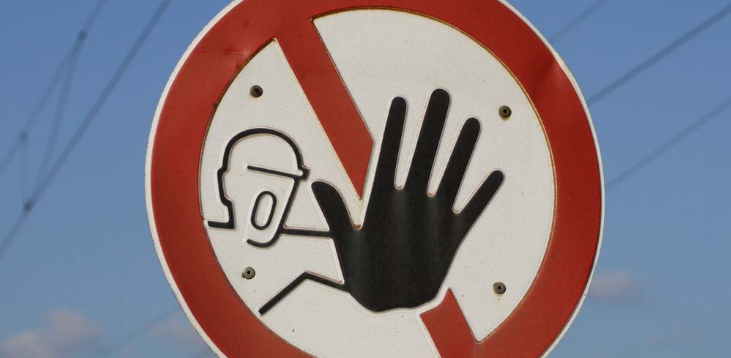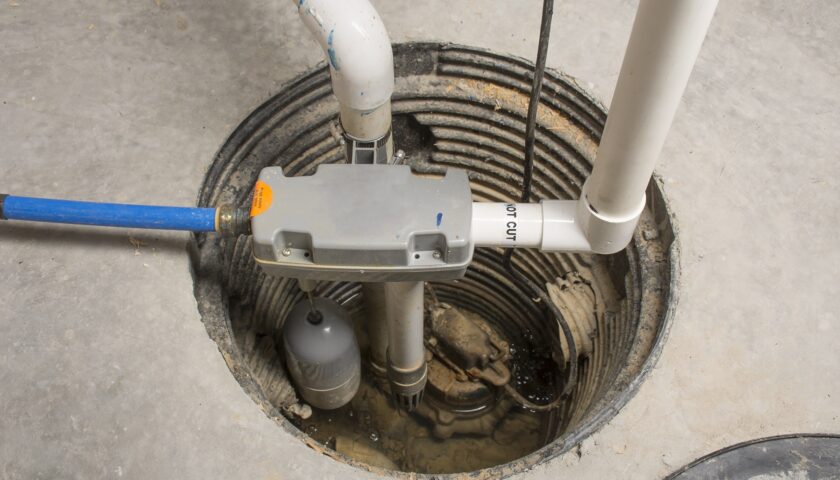Buying and selling property can be an expensive process, and it can be tempting to look for areas in which you can cut costs. Some people choose to do their own conveyancing rather than instruct a solicitor, but is it a good idea?

Will I Save Money?
If you’re purchasing a property, unless it’s a particularly simple transaction, then it’s not generally recommended that you do the conveyancing yourself. If you need a mortgage, your lender will insist on a solicitor for themselves anyway, so you won’t save very much by representing yourself, but you could run into more than a few headaches navigating the paperwork.
If you misinterpret or make any errors during the conveyancing process by doing it yourself, you alone will be personally and legally responsible. The onus is on you to carry out the right searches and interpret the search results correctly, otherwise, you risk buying a property that will be a money pit and potentially unsaleable. Using conveyancing solicitors through firms such as https://www.samconveyancing.co.uk means they are also insured, so you are covered against professional negligence.
While it may be tempting to try and cut the numerous costs involved in buying and selling property, doing your own conveyancing may not save as much money as you would think. The basic fees for a conveyancing solicitor are normally around £500, although some can be as high as £3000, and there are costs involved even if you do it yourself, for all the disbursements and Stamp Duty Land Tax.
Will I Save Time?
One of the most frustrating parts of hiring a solicitor for the conveyancing process is all the time spent waiting around for the next stage to happen. It’s easy to believe that you would be faster dealing with it all yourself, as you will prioritise the work and yours is the only ‘case’ you’re working on, so you can handle tasks the moment they come up.
However, if you’re in a chain, you’ll still have to wait for the others in that chain to do their part (whether they have solicitors or not). The property buying process takes as long as the slowest link in the chain! Bear in mind, too, that if you are inexperienced in conveyancing procedures, this will naturally mean that each stage will take you longer to navigate and you’ll have to be extra careful to ensure you’re not making mistakes.
If your chain is long, or the transaction is more complex due to factors such as divorce, leasehold or commonhold, an auction property or unregistered property, then doing your own conveyancing may prove to be more trouble and stress than the relatively small fee incurred by bringing in an expert.
So Should I Do My Own Conveyancing?

The best scenarios for DIY conveyancing are very simple transactions such as deeds of gift (transfers involving no money changing hands) and transfers of equity where the is no mortgage lender involved. HM Land Registry offers good advice as to whether it’s practical and advisable to do your own conveyancing in your circumstances.
Handling your own conveyancing is possible, but only if you don’t mind wading through huge piles of paperwork and deciphering legal terminology. It is perfectly admissible to do it yourself, but it is a process which is long and drawn out, and to a layperson can often seem very complicated. In essence, you have to decide how much your time and stress is worth, and whether you can minimise that by handing it over to an expert who understands the process and can help it move along smoothly.




